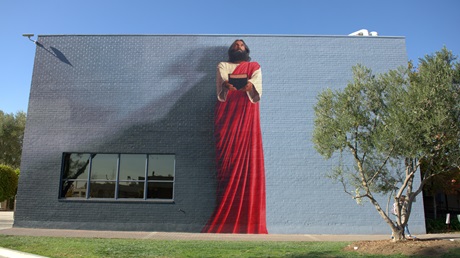It worked in Utah. But national effort by the CCCU and NAE will be more complicated.

Among the many unanswered questions going into a new year and new government led by Donald Trump, American evangelicals await the prospects for the tense back-and-forth between religious liberty and LGBT rights.
The conflict took on new urgency in 2016, with a wave of state-level religious freedom and antidiscrimination bills amid the ongoing fallout from the US Supreme Court decision legalizing same-sex marriage.
In one case, panic over an earlier version of California’s antidiscrimination law, then known as Senate Bill 1146, woke up evangelical leaders to worst-case fears: that faith-based colleges could be targeted and penalized for standard practices like hiring faculty within their faith tradition or requiring students to agree to a moral behavior code.
“SB 1146 gained national attention and media interest because it was unprecedented and because California is seen by many as a bellwether state that often inspires similar legislation elsewhere,” wrote Biola University president Barry H. Corey in a letter to fellow members of the Council for Christian Colleges and Universities (CCCU). “This is not the last bill but just the first one, and future legislation could reach beyond California and beyond higher education institutions.”
In recent months, the CCCU and the National Association of Evangelicals (NAE) have discreetly led the charge to get evangelical institutions to think through potential legal options to safeguard their Christian distinctives as they look ahead to 2017. They met with more than 200 leaders in 9 cities to discuss Fairness for All, an approach that would bring together religious liberty defenders and LGBT activists to lay out federal legislation to secure rights for both.

